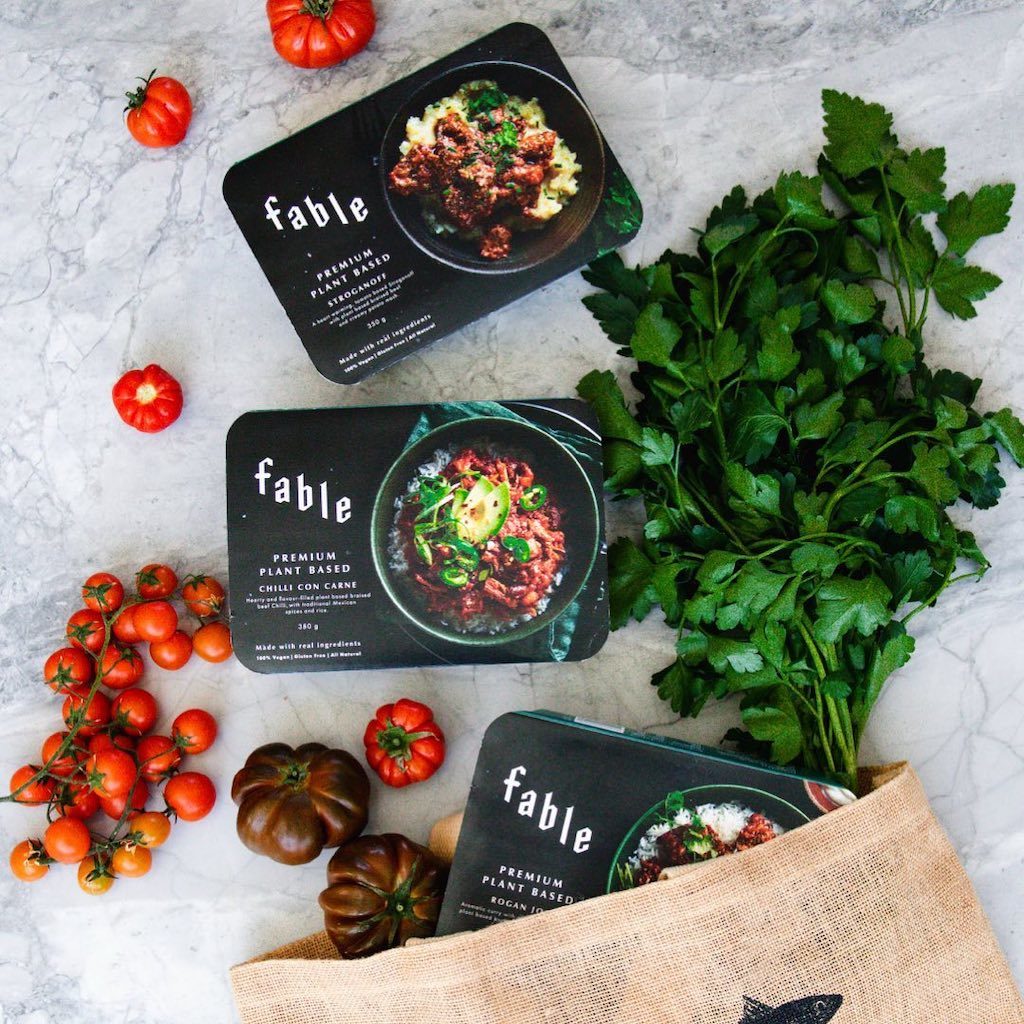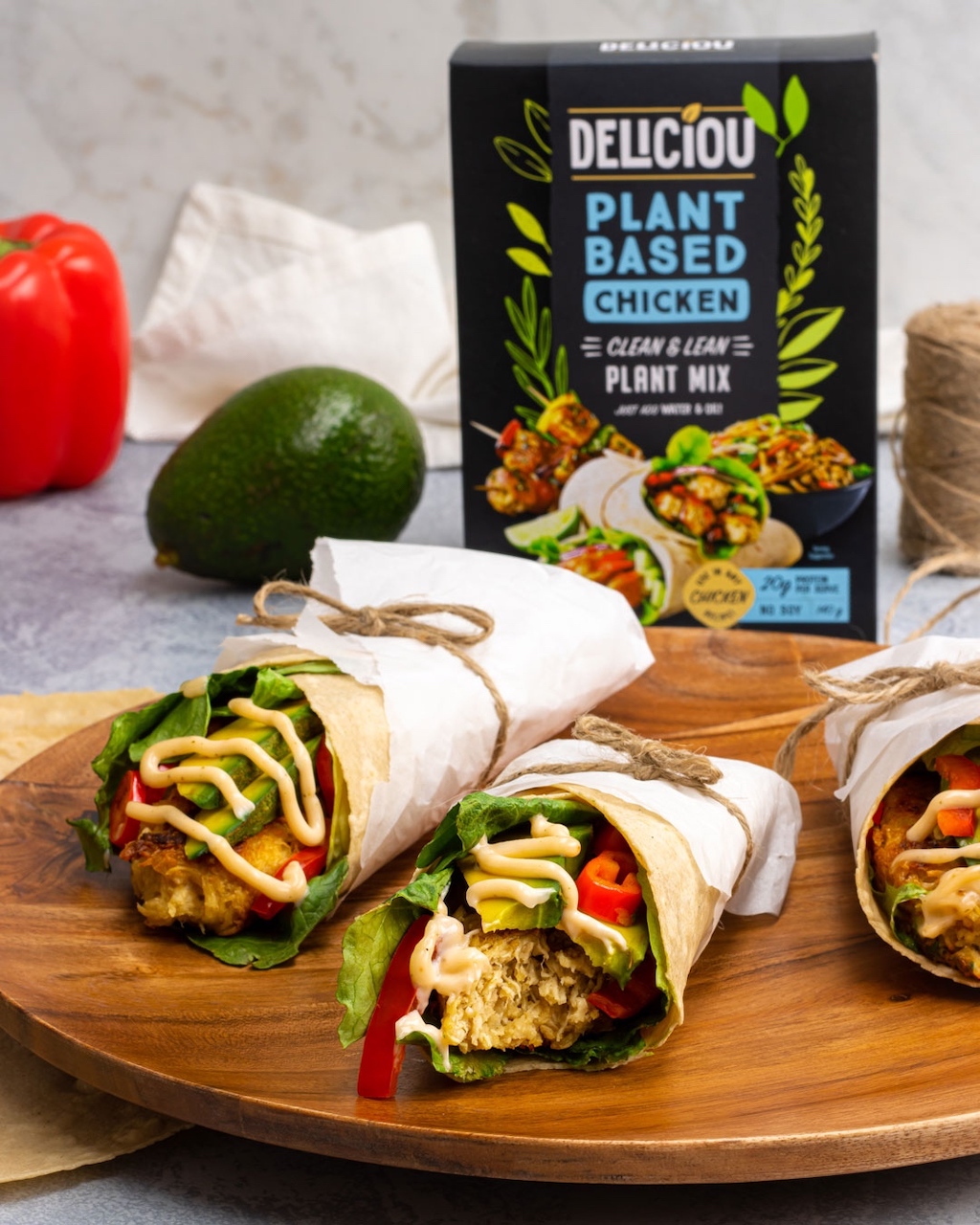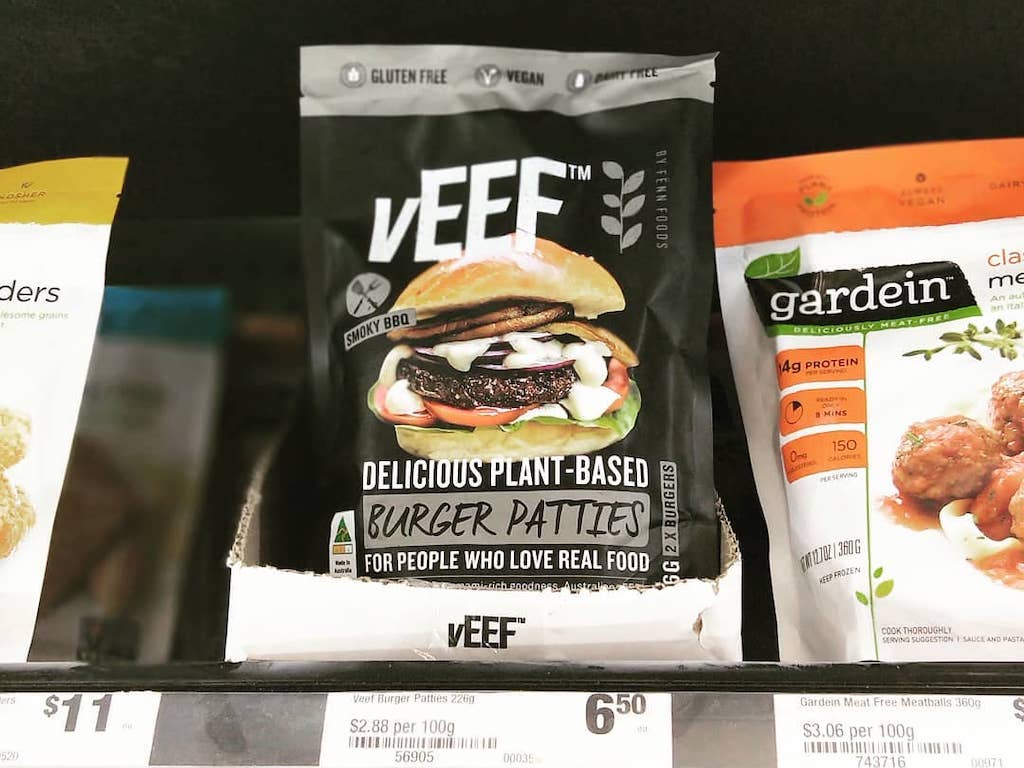5 Mins Read
New research funded by Australia’s big meat industry suggests that consumers are being “duped” by plant-based meat products. But the country’s fast-growing plant-based industry is fighting back—and they have the data to prove Australians aren’t really being deceived like the industry-funded consumer survey claims.
On August 6, a report concluded that Australians are being misled by vegan brands into believing that they are purchasing real animal meat. It was published by a coalition of Australian meat, poultry, and seafood industry bodies, including the Australian Meat Industry Council, Cattle Council of Australia, Seafood Industry Australia, and Australian Chicken Meat Federation, among others.
Australians being ‘duped’ by plant-based meat?

According to the consumer survey, conducted by Pollinate, 73% of Australian consumers think that clearer labelling standards ought to be introduced for plant-based proteins. The study said that 6 in 10 consumers were effectively “duped” by the packaging on plant-based meat substitutes, and that “vulnerable” Australians were now being misled by vegan brands into purchasing products they believed were real meat.
It involved 1,000 adult participants and was carried out in July through a 10-minute online survey. Respondents were shown five plant-based meat products and one animal product for three seconds, then asked to select which section it belonged to: plant-based, blend of plant and animal, or animal.
“More and more of these plant-based products are being sold in supermarkets right around the country and it’s clear their labelling is becoming increasingly deceptive,” commented Veronica Papacosta, CEO of coalition member group Seafood Industry Australia.
Senate inquiry into vegan meat labelling
The results of the industry-funded consumer survey comes ahead of the federal senate inquiry into the debate. The inquiry was launched in June by Queensland senator Susan McDonald, a former butcher and leader behind the advocacy group Parliamentary Friends of Red Meat, who argued that “makers of non-meat products” should “come up with their own distinct terms instead of trading off long-established names of animal proteins.”

McDonald also said that the inquiry would seek to look into the nutritional aspect of plant-based meat products, claiming they are “highly processed, unnatural” compared to animal meats, despite red meat and processed meats being classified as carcinogenic by the World Health Organisation (WHO).
Industry watchers say the launch of the consumer survey was a move designed to prompt individuals and organisations to make their opinions heard in favour of the meat and seafood industry, as it was published just one week before the deadline for submissions.
Are vegan products really misleading consumers?
However, separate research from data-driven think tank Food Frontier casts doubt over the conclusions made in the coalition’s consumer survey. Analysing more than 250 plant-based meat product labels in the new report published August 13, Food Frontier experts found that 100% of all such products were branded with at least one front-of-pack term such as “plant-based” or “meat-free” to indicate clearly to consumers that it contained no animal ingredients.
85% of the 252 products examined contained two or more terms to tell consumers it was meatless, and more than half contained three or more terms on its packaging. 90% of products did not include any depictions or imagery of animals on the label, providing further evidence that vegan meat products do not intentionally present themselves as real meat products.
Commenting on the findings, Food Frontier CEO Thomas King said: “There’s a lot of misinformation being circulated about labelling of plant-based products, so it’s good to have some comprehensive data to support the facts.”

“We strongly support clear food labelling, but this data shows most products use clear and commonsense labelling, with just a very small number using the kind of labelling being called into question—these are not representative of the hundreds of products in the market.”
King is referring to the five “cherry-picked products using uncommon labelling” that the meat industry research used in its research. “We know there are more than 250 [products] available” in the Australian market, he added.
Big meat claims are an ‘insult to consumers intelligence’
In response to the consumer survey and the vegan meat labelling inquiry, plant-based players in Australia are largely viewing such moves as an attempt to suppress the rising popularity of vegan meat products with Australian consumers. Last year, retail sales of plant-based meat products in the country jumped 46% in what has been described as an “exponential growth” trend.
Kjetil Hansen, the founder and CEO of Australian shelf-stable plant-based meat startup Deliciou told Green Queen Media that these attempts by the industry to suggest that consumers are misled—despite evidence of clear labelling—is an “insult to their intelligence”.

“As a company working with Australian farmers to produce plant-based meat alternatives, we believe that it is an insult to consumers’ intelligence to suggest they are unable to tell the difference despite clear labelling on the products,” said Hansen, who welcomed similar comments from the Australian Competition & Consumer Commission (ACCC) and Food Standards government bodies who have made submissions to the inquiry and stood on the side of vegan producers.
Both agencies agree that consumers are not likely to be duped through the “mere use of particular terms referencing animals or the use of animal images in and of themselves.”
In Deliciou’s submission, the company defended their use of words like “chicken”, while clearly indicating it is plant-based, to describe the flavour of its products to consumers.
“What would they call chicken salt or chicken chips if they can’t use the word “chicken” on products that don’t include real chicken? There’s nothing you can say that would explain the flavour,” said Hansen. “Should Deliciou have to update our packaging to remove the ‘Plant Based Chicken / Beef / Pork’, this would be devastating to our profitability and brand identity costing upwards of $200,000 to rebrand.”
Lead image courtesy of Fenn Foods.




